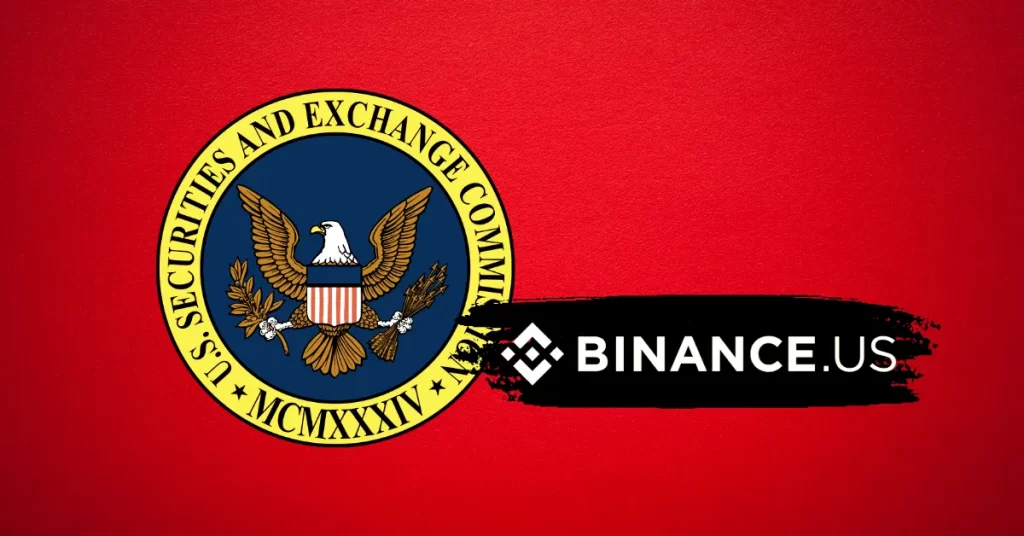
The post Coinbase CLO Blasts SEC’s “Hide the Ball” Strategy in Binance Lawsuit appeared first on Coinpedia Fintech News
In a recent courtroom drama featuring Binance, one of the world’s largest cryptocurrency exchanges, and the US Securities and Exchange Commission (SEC), a puzzling legal strategy by the SEC has raised quite a few eyebrows. Paul Grewal, Coinbase’s Chief Legal Officer, took to Twitter to express his concerns about the SEC’s tactics during a hearing before Judge Jackson.
Grewal’s main gripe was with the SEC’s approach to ‘reserve’ the right to identify the exact tokens they are claiming as securities. This approach seems to hinge on getting past the initial stages of the lawsuit and proceeding into the discovery phase, where more information could potentially be unearthed.
In the courtroom exchange, the SEC counsel was asked to classify the tokens not being claimed as securities. The counsel, instead of providing a clear answer, evoked the ‘pleading stage’ of the case as a reason for their reticence.
Rule 8, Rule 11, and A Barrel of Questions
What particularly caught Grewal’s attention was the SEC’s invocation of Rule 8 and Rule 11 in their bid to reserve the right to identify securities. These rules pertain to the general rules of pleading and the requirement for attorneys to certify that the claims they are making are supported by the law and the facts, respectively.
Grewal questioned how these rules could be used to justify the SEC’s ‘hide the ball’ strategy on token classification. He also invoked the concept of ‘Twiq-ball’, a term used in legal parlance for a lack of traceability in a Section 11 case, and questioned how this could be tolerated under Rule 8.
The Reserving Game: An Unloaded Gun?
Grewal’s commentary on the SEC’s stance did not end there. He drew an intriguing metaphor, suggesting that the SEC’s approach to ‘reserve’ their claims felt like they had an empty gun, hoping to find bullets during the course of discovery. This analogy paints a vivid picture of the SEC’s strategy, hinting at a possible lack of concrete evidence at this stage of the case.
Despite his criticisms, Grewal acknowledged the honesty of the SEC counsel. He applauded their candor, stating that it accurately described the current situation. However, he also pointed out that while their honesty may be commendable, it might not be lawful.

 1 year ago
121
1 year ago
121














 English (US) ·
English (US) ·